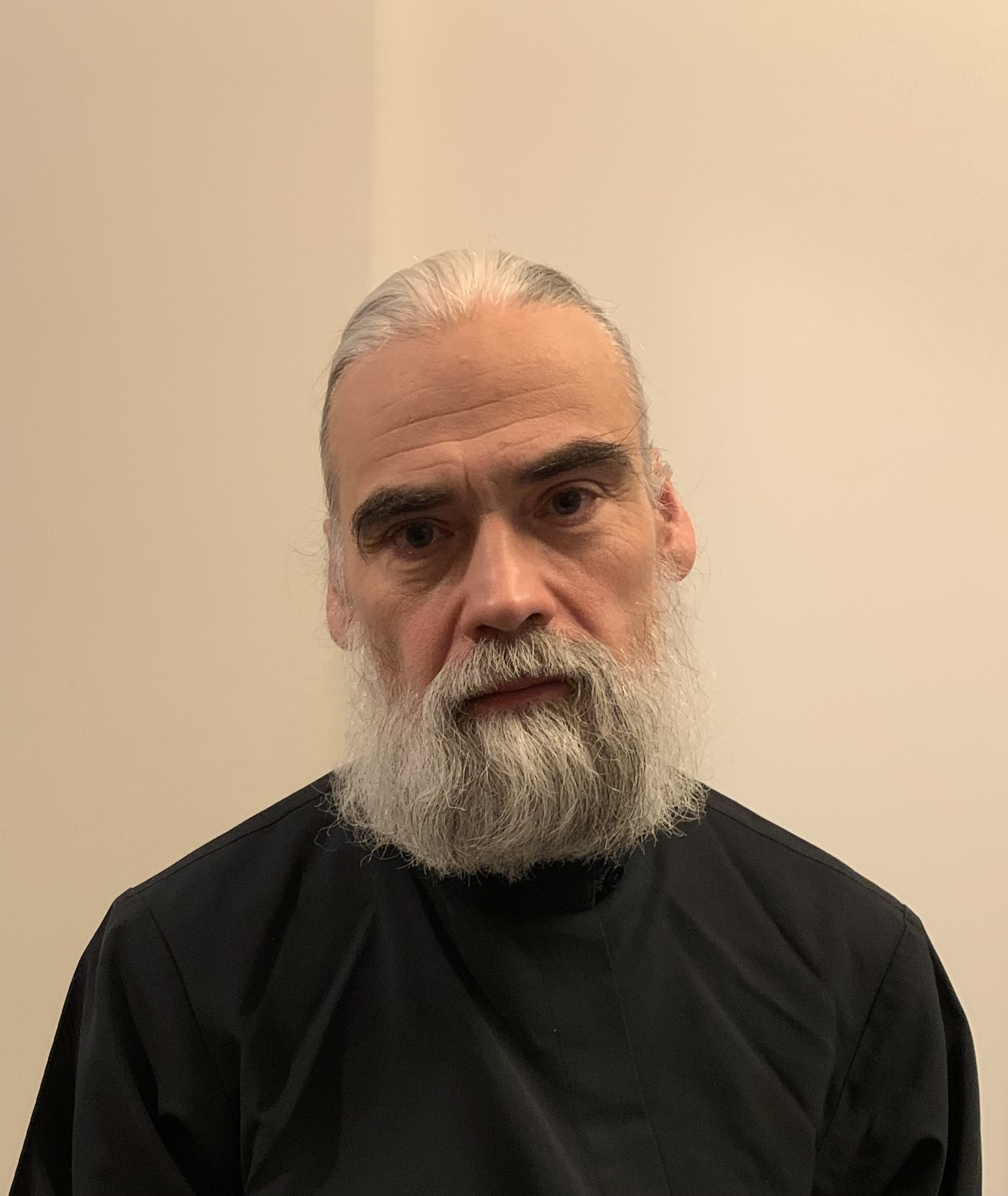The article examines the Trinitarian teaching of the Melkite writer Suleiman of Gaza. In his treatises, for the first time in the history of Melkite theology, the attributive Trinity doctrine is presented, which in the 9th–10th centuries became widespread among Nestorian and Jacobite authors, not without the influence of Muslim discussions about the attributes of Allah. However, this tendency is completely absent from such Melkite writers of the 9th century as Theodore Abu Qurra and Butrus of Beit Ra’s. Since Suleiman is separated from the latter by a long period of decline during which theological works were not created in the Melkite milieu, the sources of his Trinity doctrine should be sought in heterodox authors. A comparison of the Trinitarian doctrines of Suleiman and of the most prominent Nestorian theologian Elias of Nisibin, leaves no doubt that it was from the Metropolitan of Nisibin that Suleiman borrowed his rational trinitarian apologetics. Thus, Suleiman is an extremely rare example of an Arab Christian writer who borrowed theological ideas from non-Orthodox sources. His Trinitarian doctrine is an evidence of a break in the Melkite confessional tradition, in which by the end of the 10th century the change of the theological paradigm from patristic to apologetic and polemical one is being completed. As a result, theological ideas begin to be evaluated not so much from the point of view of their conformity with tradition as from the point of view of their practical effectiveness in polemics with non-Christians.
Keywords: Christian Arabs, Christian Arabic literature, Melkites, Nestorians, Jacobites, Trinitarian doctrine, hypostasis, attribute, substance
DOI: 10.22250/20728662_2022_2_83
About the author
 |
Oleg V. Davydenkov – PhD in Philosophy, Doctor of Theology, Head of the Department of Oriental Christian Philology and Oriental Churches, St. Tikhon’s Orthodox University; 23B Novokuznetskaya str., Moscow, 115184, Russia; This email address is being protected from spambots. You need JavaScript enabled to view it. |






